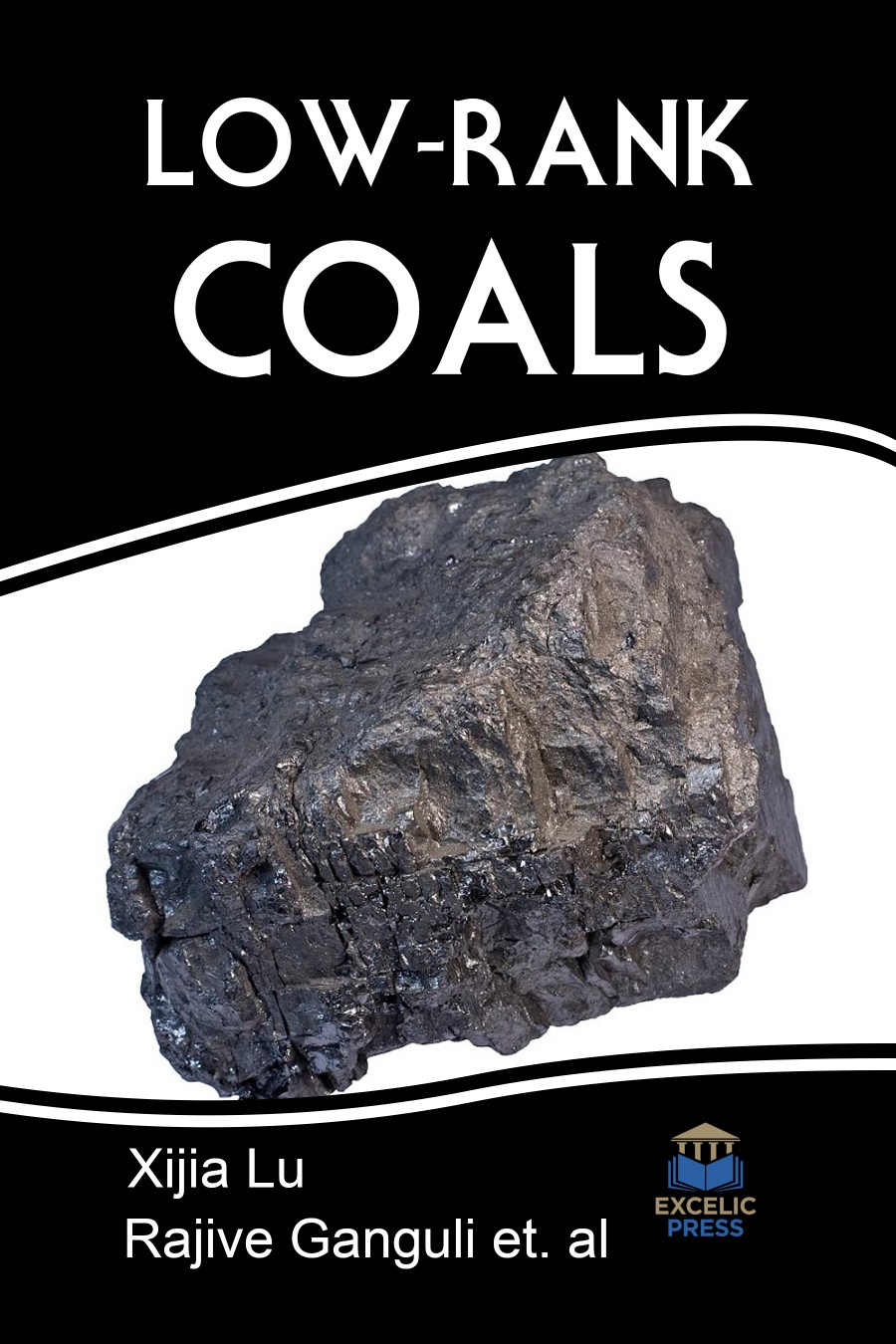The importance of low quality coals has emerged in current years. A major strategic concern is that the rapid growth in hard coal production has resulted in a sharp fall in the reserves- to production ratios worldwide. As hard coals are depleting rapidly, the resulting price surge and supply risks are the key challenges facing many coal consuming countries. Moreover, coal market dynamics are also changing; this change in market dynamics has forced some coal importers to seek new sources of supply, with subbituminous coal having already begun to gain attention in world markets. Low quality coals thus have an important role to play in maintaining security of coal supply. In addition, since low quality coals are generally produced by surface mining, their production costs are much lower than hard coals that are extracted through underground operations. To this end, for instance, a number of high efficiency processes are under development in Australia, Germany, Japan and the USA. All these developments in power generation, CTL, UCG, drying and upgrading are likely to ensure a sustainable future for low quality coals.
Low-rank Coals for Power Generation, Fuel and Chemical Production discusses the current status of utilization of low quality coals for power generation worldwide. It provides a comprehensive and systematic review of the properties of low-rank coals Power generation using low quality coals is dominated by Pulverised Coal Combustion (PCC) plants. Although the majority of PCC plants use subcritical technologies, a number of new plants have adopted supercritical steam conditions at large scale. This book will presents research results and reviews discussing the impact of coal characteristics, operational experience gained with low quality coals, and future trend of development.
This book is a valuable information resource for power generation engineers and researchers seeking to maximize the opportunities provided by these cheaper coal feedstock for effective and eco-friendly power generation.













